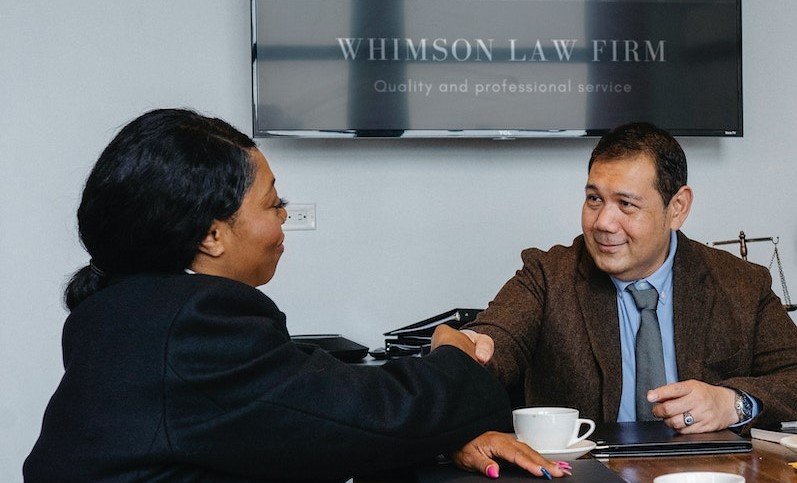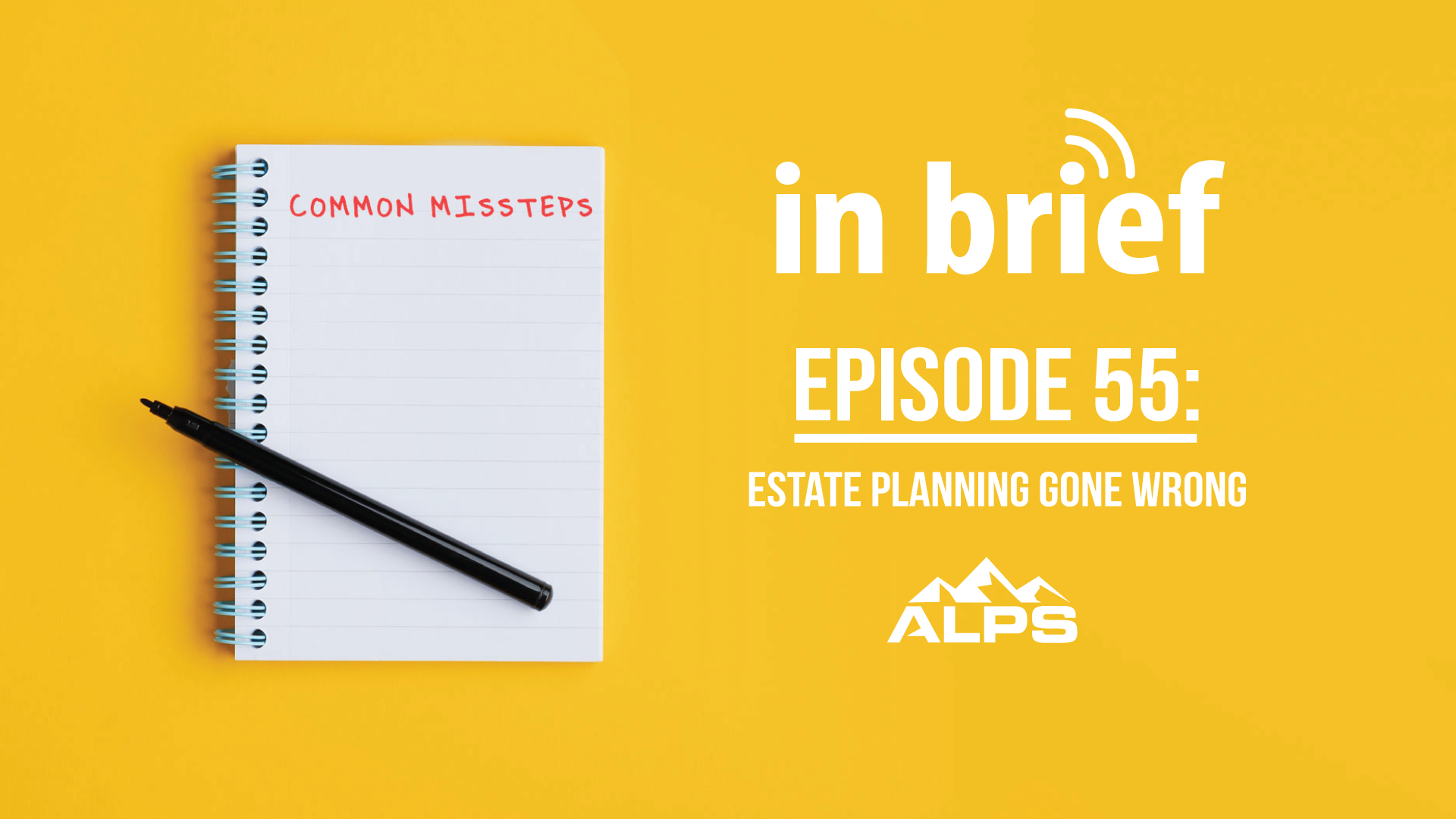Solo Attorneys: Don't Wait to Figure Out Your Succession Plan
The two most common excuses I’ve heard over the years for not having a succession plan in place are these. It’s either “my plan is to die at my...
We've crafted solutions tailored to your firm
The world of insurance for law firms can be confusing, and difficult to navigate. We've created this glossary because these common insurance terms should be easy to understand.
2 min read
 David Fratarcangelo, Claims Attorney
:
Jun 20, 2018 12:00:00 AM
David Fratarcangelo, Claims Attorney
:
Jun 20, 2018 12:00:00 AM

The decision to avoid trial in a criminal matter and enter into a plea agreement is an important and often difficult choice to make for both the defendant and defense counsel. Prosecutors often favor plea agreements because they bring economy and certainty to proceedings. Defendants and defense counsel often favor them because they can mitigate the defendant’s exposure and, to a lesser degree than for the prosecution, create some certainty of outcome.
With the client’s admission of guilt come the primary consequences of a criminal conviction and sentence, and secondary consequences that can range from diminished employment opportunities, family problems, social stigmas, and for the recidivist, the looming threat of probation violations and revocations of previously suspended sentences. For defense counsel, there are potential legal malpractice pitfalls to avoid.
A criminal defendant may challenge a guilty plea on the basis of ineffective assistance of counsel, usually on the grounds that the plea was not entered knowingly and voluntarily due to defense counsel’s failure to fully explain the terms and consequences of the plea agreement. It is therefore vitally important that defense counsel properly investigate the charge, negotiate a thorough and comprehensive agreement, advise the client of terms of the agreement, and ensure that the file and court record clearly memorialize that the client understood and accepted the terms of the agreement.
Plea agreements are often open-ended and lack clarity regarding the evidence and relevant factors upon which the prosecution would rely at trial to secure a conviction and which provide the bases for determining an appropriate sentence. These types of agreements may leave the defendant at the mercy of a pre-sentence report prepared by a probation officer or other court personnel, which can lead to disputes, objections and delays, and may even result in the court rejecting the plea agreement in its entirety. In jurisdictions that rely upon sentencing guidelines, the prudent practitioner should be well-versed in the factors that affect the guidelines, and should develop expertise in calculating the guidelines. Defense counsel should never rely solely upon calculations provided by the prosecution or probation officer, and defense counsel should consult with the prosecution on sentencing guidelines prior to engaging in plea negotiations. It is also imperative that defense counsel explain the sentencing guidelines to the defendant in detail and memorialize in the file and in the court record that the defendant was so advised.
Some prosecutors may request that plea agreements include a waiver of a defendant’s right to appeal, seek post-conviction remedies, or have the evidence against them preserved. Such provisions should be strenuously avoided if at all possible. There is a commonly held misconception that “innocent people don’t plead guilty.” Most criminal defense attorneys, however, understand that innocent people do sometimes plead guilty (a fact which is shown by the increasing number of exonerations based upon DNA and newly discovered evidence…many in cases involving guilty pleas).
Defense counsel should make every effort to secure a carefully crafted plea agreement that lays out the evidence and other relevant factors in writing (including an agreed upon sentence or range of sentence if possible), and should avoid “boilerplate” agreements whenever possible. If a detailed plea agreement cannot be obtained, then it is crucial that all objections to evidence and other relevant factors proffered be filed in writing or otherwise memorialized in the court record in order to preserve issues for appeal or post-conviction relief.
When considering a plea agreement, defense counsel must also be vigilant in pursuit of discovery, although access to evidence, and the willingness of prosecutors to share evidence, varies widely from federal to state jurisdictions, and often more so from locality to locality within a state. As a practical matter, the better the relationship defense counsel has with prosecutors and law enforcement, the easier it will be to resolve disputes over evidence and discovery and to procure the most favorable plea agreement for the defendant.
Know the case, know the law, know the client and know the court. The failure to vigorously investigate, negotiate, advise and memorialize plea agreements can have severe and lasting consequences for both defense counsel and defendant.
David C. Fratarcangelo is a claims attorney for ALPS. He received his undergraduate degree from James Madison University, his master’s degree from the University of Alabama, and his law degree from West Virginia University. Dave began handling claims for ALPS in 2015 and works in the company’s Richmond, Virginia office. Prior to joining ALPS, Dave spent several years in private practice focusing on criminal defense and domestic relations work. Dave also spent two years as a local government attorney. In his spare time you can find Dave playing music in the Richmond area with a number of local groups.

The two most common excuses I’ve heard over the years for not having a succession plan in place are these. It’s either “my plan is to die at my...

3 min read
In light of my 60th birthday celebration soon becoming a memory, my wife and I have been spending a fair amount of time of late reviewing our...

10 min read
In this episode of the ALPS In Brief podcast, Mark Bassingthwaighte offers some insights in the arena of estate planning that are commonly...